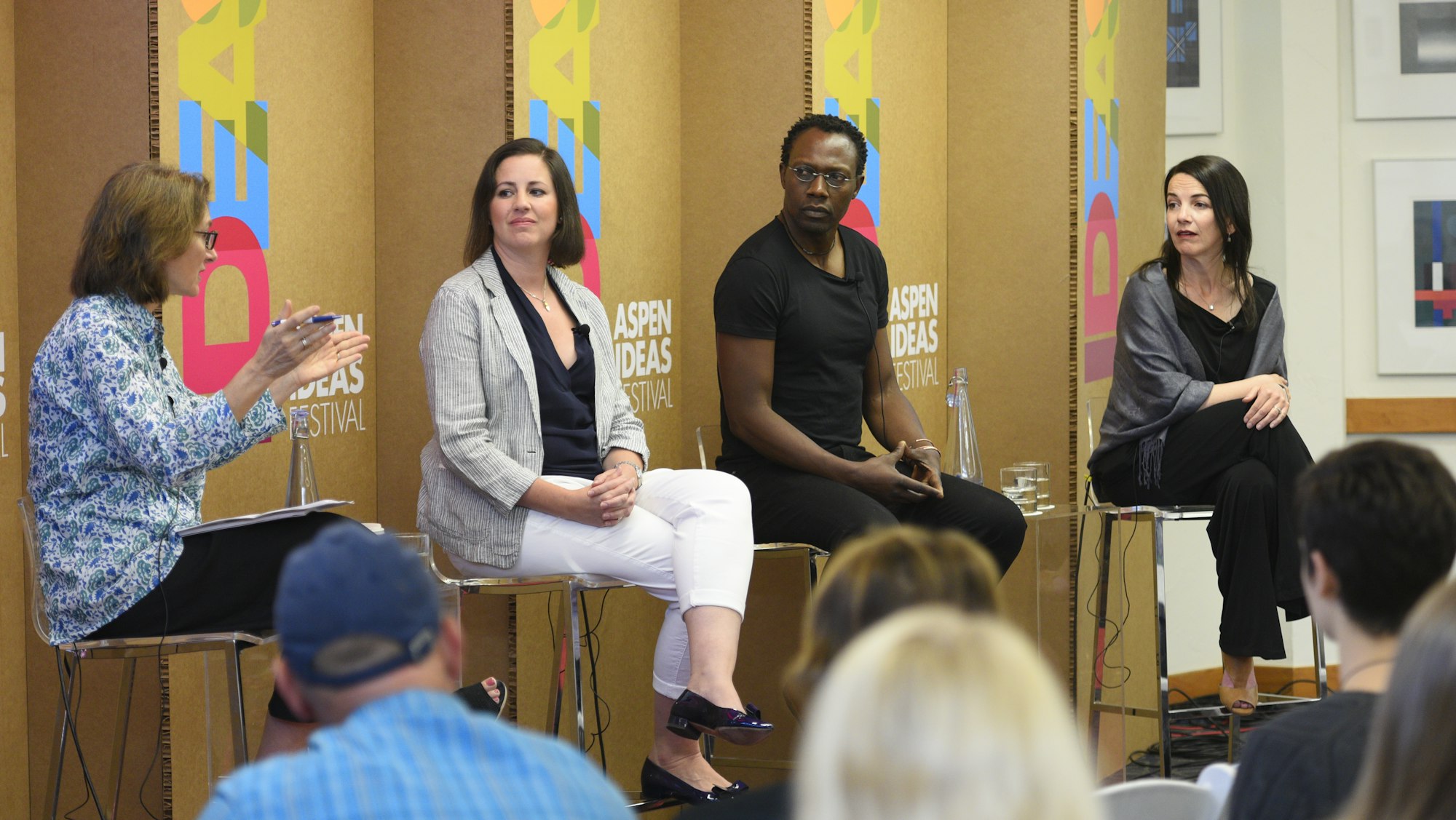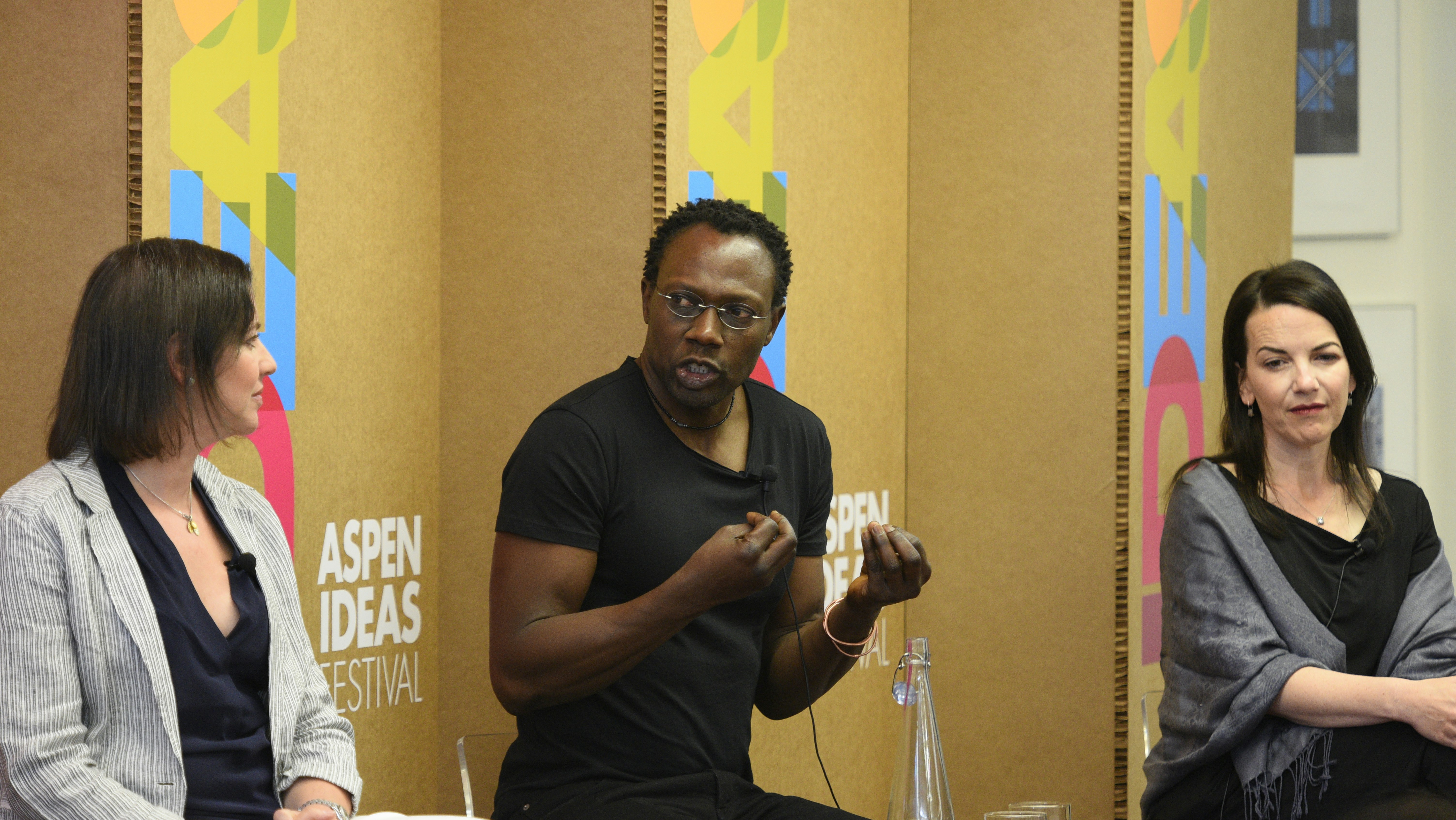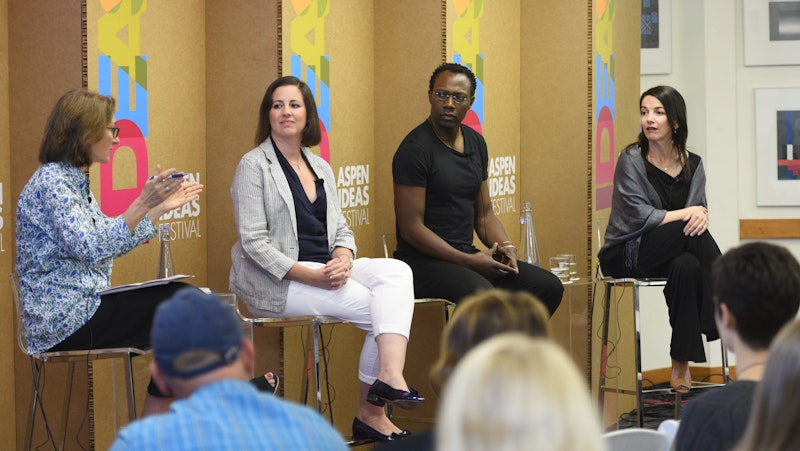
The Epidemic of Loneliness
Setup
The crisis of loneliness poses as grave a threat to public health as obesity or substance abuse. It cuts across generations and reaches around the world. Katie Hafner calls it “a quiet devastation” and the poet Emily Dickenson writes that it is “the horror not to be surveyed.” Millions of people live with sparse human contact and research tells us that lonely people are more likely to become ill, experience cognitive decline, and die early.
Being socially connected, on the other hand — as reflected by the size of our social networks, the extent to which we are involved with others, the quality of our relationships, and our perception that support is available when we need it — are all associated with longevity. A geriatrician, a psychiatrist, a neuroscientist, and a journalist look at the social and biological consequences of loneliness and consider what we can do.
- 2017 Health
- Health
- Full transcript
Portraits of loneliness
Loneliness is the 81-year-old woman who celebrated her birthday alone — after speaking with no one for more than a week before that. It is the woman who turned down a telehealth service that would have provided a virtual house call with a physician, because the doctor’s monthly home visit was her only human contact.
Although especially common in the elderly, loneliness can affect people across the age spectrum, and both men and women are equally prone to it.
About one-third of US adults age 45 and older report feeling lonely. While the findings that 35 percent of midlife and older adults are lonely is unchanged from 2010, the population of lonely people over age 45 has grown by 5 million, from 42.6 million to 47.8 million, in the past eight years. (source: AARP)
Loneliness is a medical danger
Geriatrician Carla Perissinotto was one of the first to publish in the medical literature about the health threats associated with loneliness. She followed 1,600 people out of a national Health and Retirement Study, over six years to see whether loneliness poses a risk to independence and mortality. It does: Feeling lonely results in a 60 percent increased risk of functional decline and a 45 percent greater risk of death.
Big IdeaLoneliness is an aversive signal, much like thirst, hunger or pain.John Cacioppo, University of Chicago psychologist
We don't like to acknowledge loneliness
A stigma surrounds talking about loneliness, and it is intensified by ageism. “We want to ignore older people,” says Perissinotto. “We don’t want to talk about what it looks to not age successfully. We only want to hear about healthy aging.”
Dixon Chibanda says we should acknowledge the emotional discomfort of loneliness.
Big IdeaWhen you say hello to somebody, you don’t expect them to say, ‘I’m lonely’ or I’m isolated.’ I think that’s where the problem begins. We are not comfortable with statements that are emotionally loaded. The key problem is how do you undo that? How do you all become comfortable with that which is uncomfortable? As human beings, we naturally want that which is comfortable. As we interact on a daily basis, I think it is all about finding that equilibrium.Dixon Chibanda
Does social media and other tech drive loneliness, or help to cure it?
We’re not yet sure of the impact of technology on loneliness and social isolation. Holt-Lunstad reports a significant increase in the number of people who say they are lonely at the same time that social media became more popular, but we don’t yet know what is cause and what is effect.
Technology can be a valuable tool for making connections, but it offers no guarantee that it will relieve loneliness. “The power of human contact can not be underestimated,” Chibanda says.
Who Knew?
What can we do about the epidemic of loneliness?
Audience members and panelists describe many strategies and programs to tackle loneliness, among them public spaces designed to give people places to go, intergenerational living arrangements, and peer-based programs.
The Friendship Bench project in Zimbabwe is a mental health intervention that makes use of “community grandmothers” while “cuddle lounges” in the United Kingdom offer the benefit of physical touch. In Australia, “men’s sheds” allow men to work comfortably together “shoulder to shoulder” on woodworking projects.
Learn More
Additional Information
Resources
Researchers confront an epidemic of loneliness
An article by Katie Hafner in The New York Times
Loneliness in older persons a predictor of functional decline and death
An article by Carla M. Perissonotto in the Archives of Internal Medicine
The Friendship Bench
The Friendship Bench uses problem-solving therapy delivered by trained lay health workers.
One in Three Seniors Is Lonely. Here's How It's Hurting Their Health
A 2019 TIME Magazine article written by Jamie Ducharme.
Explore More
Health
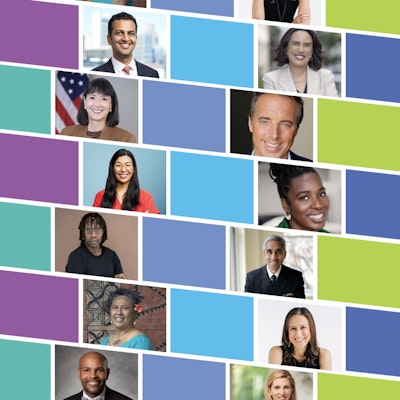
Take a sneak peek at some of the big thinkers and innovative doers who will take the stage at Aspen Ideas: Health from June 20-23, 2024!

Since 2014, Aspen Ideas: Health has welcomed over 700 inspiring women leaders to our stages to share their bold approaches to better health. In honor of Women's History Month,...

During Aspen Ideas: Health 2023, four innovators shared how they are using new technologies to reimagine the common health devices we use to treat patients and improve their q...

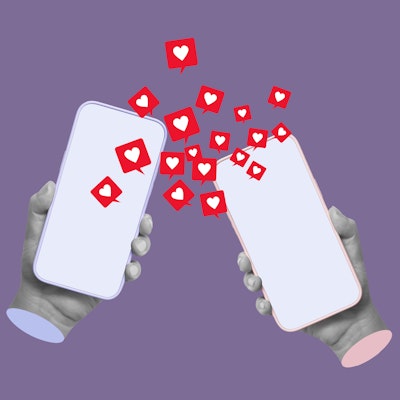
After millennia of human existence, we’re still figuring out and talking constantly about one of our most fundamental behaviors – sex. Despite the sexual revolution of the 60s...

As Aspen Ideas: Health wraps-up its 10th anniversary year, we're excited to share the ten most-watched sessions from the event. These conversations with artists, advocates, in...


When Duke divinity school professor Kate Bowler wrote her best-selling memoir, “Everything Happens for a Reason (and Other Lies I’ve Loved),” she was grappling with the conseq...


For adults, the pressure to drink at social engagements, work events, restaurants or almost anywhere outside the home can feel constant. Recent research has found that “no amo...

Whether expressed through systems that are easy to navigate, devices that are friendly to their users, and spaces that are pleasing to the eye, thoughtful design can break dow...

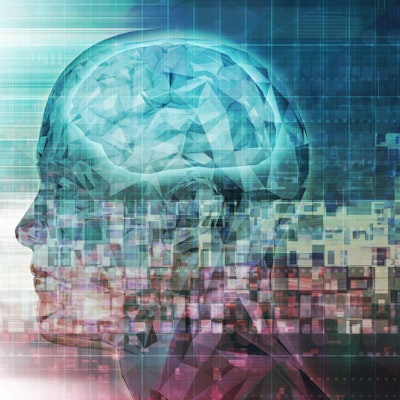
A technological future where our brain waves could be monitored and our thoughts decoded and analyzed — sometimes against our will — is not as far away as we think. But our ex...
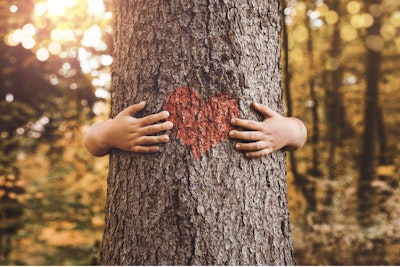
Finding ways to ground ourselves on a planet too often in turmoil can foster the resilience we need to function at our best. By maintaining close personal ties, learning new s...
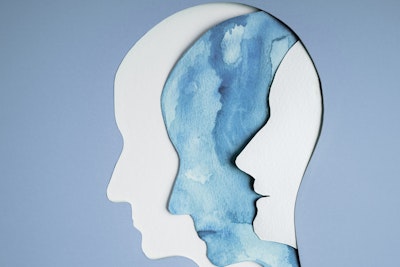
In America, millions of people struggle with mental health including depression, anxiety, and more — all further exacerbated by living through a pandemic. The National Allianc...

You may have heard of Dry January and mocktails, but what is being "sober curious" really about? Sans Bar's Chris Marshall explains the growing movement and shares how he's b...
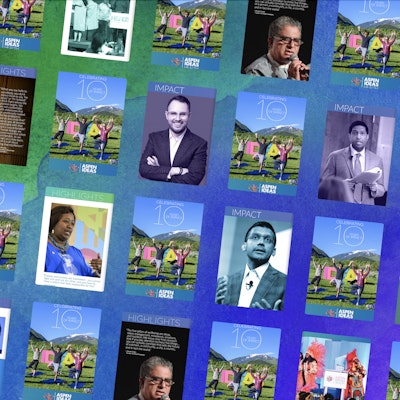
Since 2014, Aspen Ideas: Health has gathered innovative thinkers and doers to elevate and accelerate bold approaches to better health for all. Director Ruth Katz reflects on t...

The quest for profits, commitments to social impact, and consumer preference are driving unprecedented change in healthcare as investors pour in money, start-ups and big tech...
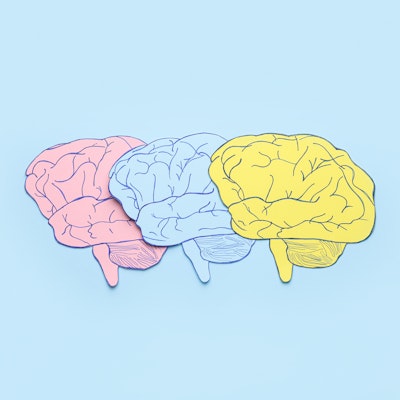
Researchers have made remarkable strides in understanding the intricate workings of the brain, and this knowledge can empower us to take proactive steps in preserving and enha...

Setting audacious goals helps to redefine what is achievable in health, medicine, and science. As we deepen understanding of the human genome, unravel the mysteries of the bra...

Everyone has a story to tell – and sharing them reminds us of our common humanity. Few know this better than StoryCorps CEO Sandra Clark. Over the last 20 years, the organizat...

Advocates, healthcare providers, legislators, researchers, and venture capitalists are bringing the unique health needs of women to light – from vigorous policy debates on iss...
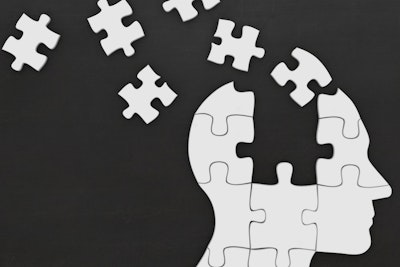
What does the latest in neuroscience tell us about human health and consciousness? Aspen Ideas Festival speakers explore how biology is being integrated with technology in unp...

It’s a fact: In communities where voting rates are higher, health outcomes are better. That’s why ER physician Alister Martin, the Founder of Vot-ER and CEO of A Healthier Dem...


